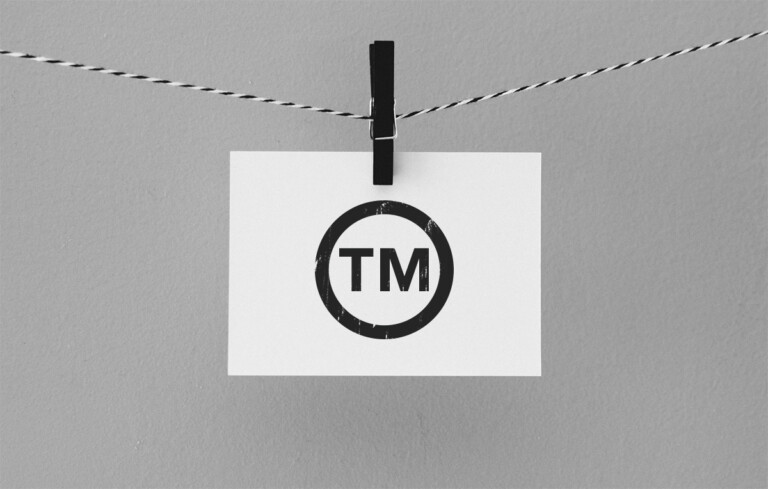
On March 11, 2022, the BC Supreme Court released its decision in Proctorio, Incorporated v Linkletter, 2022 BCSC 400 (CanLII), and it may mislead some to think that it is authority for the proposition that you need the copyright owners’ permission to share a hyperlink to their content.
What happened here? Mr. Linkletter, a Learning Technology Specialist employed at UBC, tweeted out a screenshot to a webpage that was password protected, and hyperlinks to unlisted videos posted to Proctorio’s YouTube channel. Unlisted videos are accessible only to those with a link to that video—they cannot be found by searching on YouTube or on a search engine… so they’re, to a degree, private. Proctorio sued Mr. Linkletter, claiming, amongst other things, that he infringed Proctorio’s copyright by tweeting out the hyperlinks. The Court agreed that, in this particular instance, Proctorio’s claim is legally tenable, and that there are grounds to believe that Mr. Linkletter did not have a defence to them.
This article will not delve into copyright law and the centrality of hyperlinks to the practical functioning and utility of the Internet. Why not? Because that’s not what the Court did either.
Why? Because the decision is not, at heart, about copyright infringement or any of the other claims against Mr. Linkletter. The decision is about something broader: whether Proctorio should even be allowed to pursue its claim against Mr. Linkletter because it is actually a SLAPP—a strategic lawsuit against public participation (in other words, a suit aimed at stopping people from criticizing Proctorio publicly).
As in many other provinces, there is a law in B.C. called the Protection of Public Participation Act that allows anyone who is being sued as a result of an expression on a matter of public interest to apply to dismiss the action because the lawsuit is actually a SLAPP. An anti-SLAPP application requires the Court to determine whether claims brought have “substantial merit”, whether the person being sued has a “valid defense”, and whether the harms suffered (here, by Proctorio) are sufficiently serious to outweigh the public interest in the defendant’s (here, Mr. Linkletter) public expression.
However, to emphasize, the Court is not meant to fully consider each allegation. Rather, it must conduct “an assessment of the likelihood of a successful claim”, and determine whether it is “legally tenable”. This makes sense, because requiring a full consideration on the merits would subvert the purpose of the anti-SLAPP process by requiring, in effect, a trial before the trial (thereby substantially increasing the time, effort and cost of the litigation).
So, what the Court did was no more than, in my view, the bare minimum. It accepted, without discussion, that sharing a hyperlink is one of the exclusive rights a copyright holder has under Section 3 of the Copyright Act (likely it is what is generally referred to as the making available right). Then the Court considered Mr. Linkletter’s defense by briefly reviewing and distinguishing two Canadian cases (Crookes v. Newton, 2011 SCC 47 and Warman v. Fournier, 2012 FC 803), and apparently relied upon a European authority (which does not have binding authority in Canada) for the proposition that,
“the unauthorized sharing of hyperlinks can amount to copyright infringement if the effect is to cause copyrighted content otherwise available only to a restricted segment of the public to be shared with a wider “new public”: Case C-466/12, Svensson v. Retriever Sverige AB, 2014 E.C.D.R. 9 (Court of Justice of the EU); Case C-160/15, GS Media BV v. Sanoma Media Netherlands BV, 2016 E.C.D.R. 25 (Court of Justice of the EU).”
On this basis, the Court concluded that “there are grounds to believe that Mr. Linkletter has no valid defence to the infringement of copyright claim based on his having merely shared a link rather than the copyrighted material itself.”
To emphasize, having “grounds to believe” is a much lower bar than a ruling that Proctorio has a claim in copyright, and that r will have no valid defences if the matter is given full consideration at trial.
The Court also considered the defense of fair dealing and determined that Mr. Linkletter’s fair dealing argument “shows no real prospect of success”. Even on a full consideration on the merits, trial and appellate courts rarely agree on the application of fair dealing in any particular instance, so this finding in particular carries minimal precedential weight.
Ultimately, the application to dismiss Proctorio’s claim was not granted, and so the litigation has been allowed to continue. If the parties continue to trial, we can expect written reasons from the court and a full consideration of the allegation of copyright infringement and defenses against it. Until then, this case merely stands as a shot across the bow that sharing unlisted content (such as unlisted YouTube videos) can lead to arguable copyright infringement claims.
Note, as the claim against Mr. Linkletter shows, there are other arguments that can be leveled against a person who shares online content that is unlisted, or otherwise only made accessible under terms of use/service that may contain confidentiality terms—for example, they may bring a direct claim of a breach of those terms, or as in this case, bring a claim in tort for breach of confidence.
Stay tuned (and feel free to share this article freely!)



